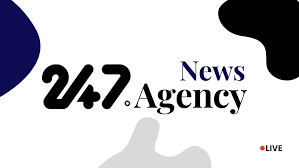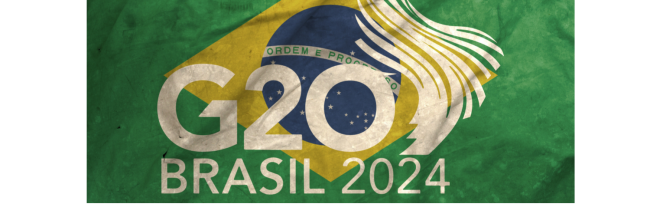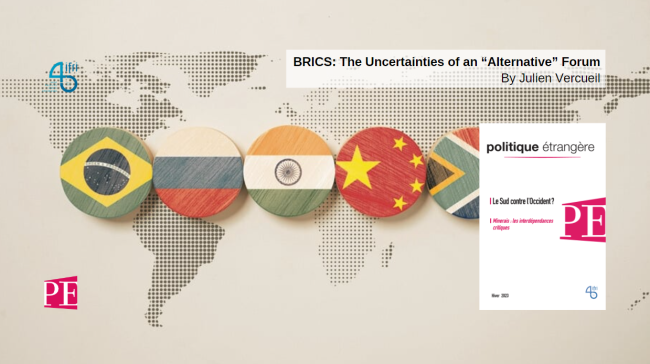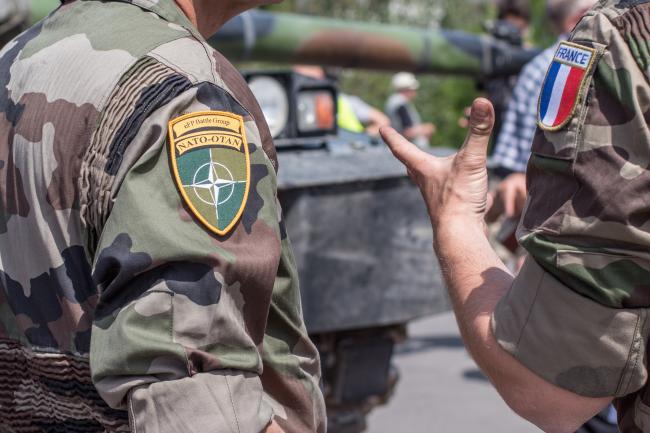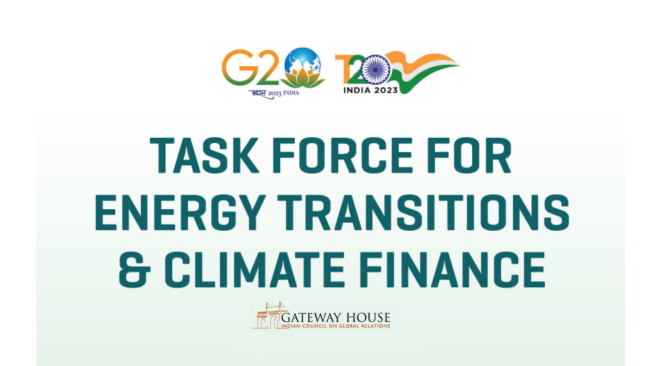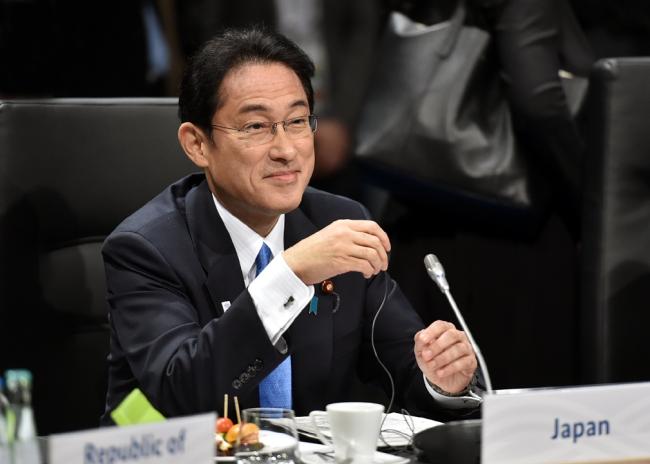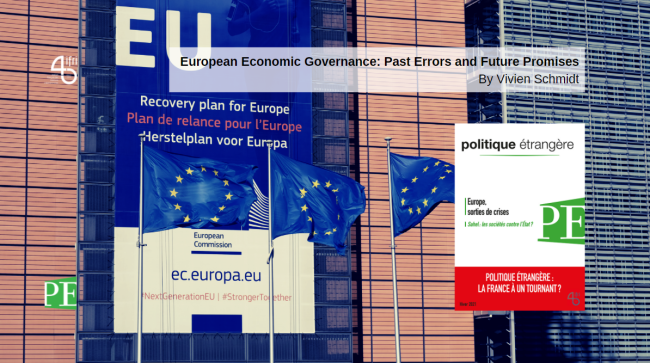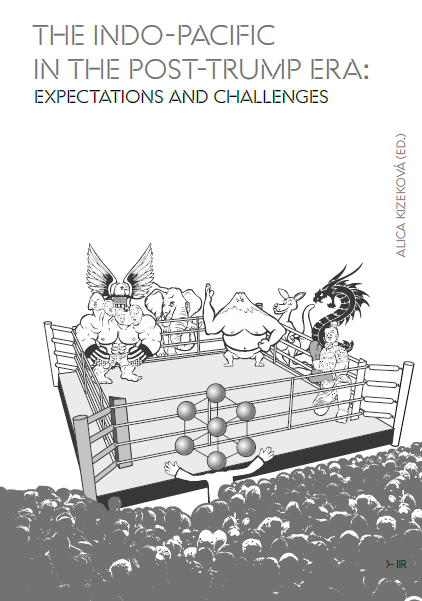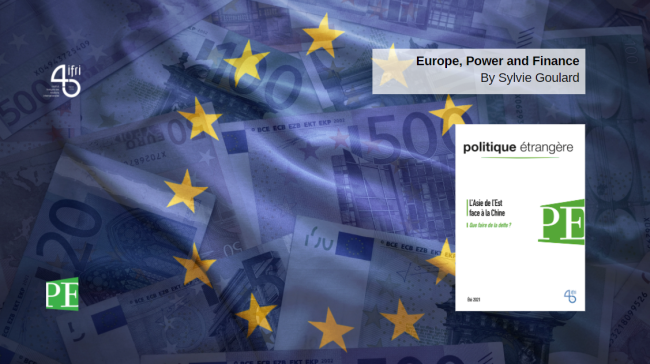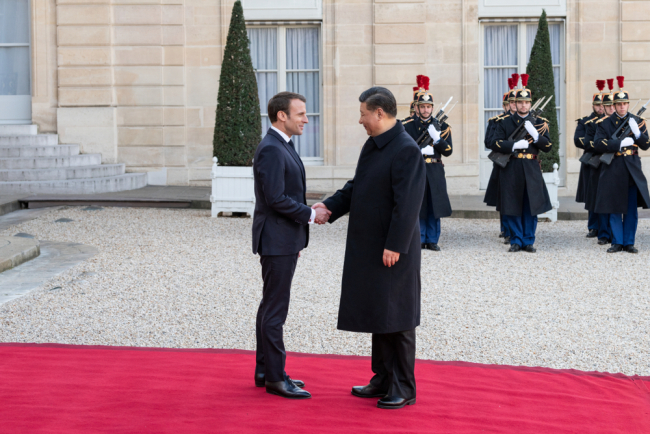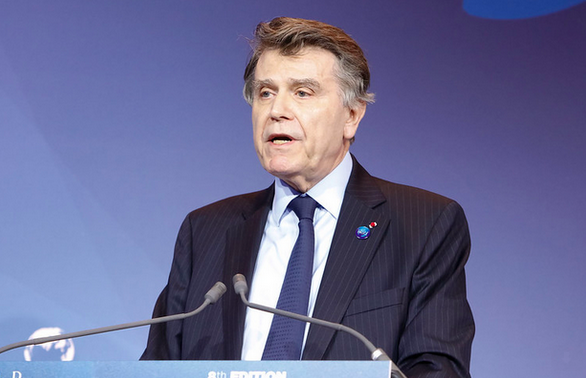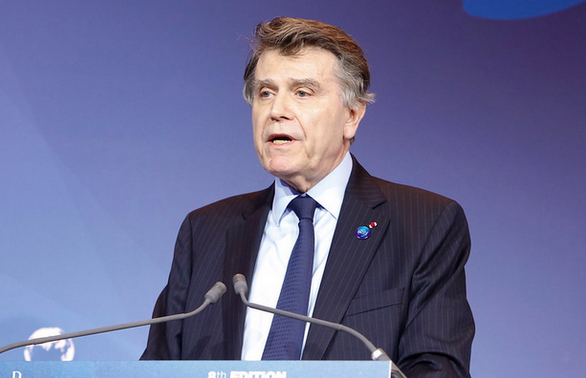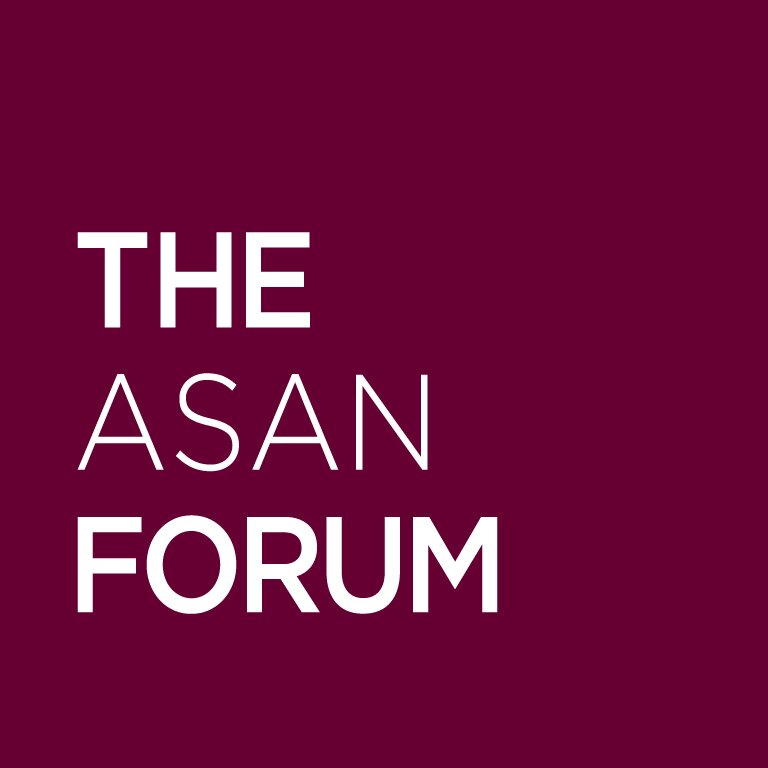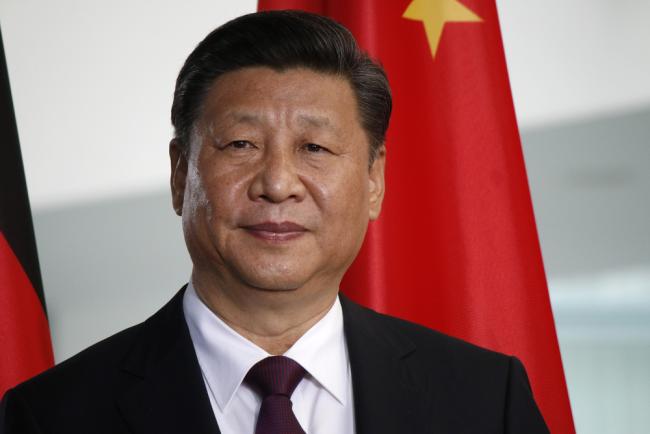International Organizations and Multilateralism
Rhetoric on the crisis of multilateralism is frequent. International organizations (UN, WTO, etc.) remain no less important, while other forums (G20, BRICS, etc.) are asserting themselves.
Related Subjects
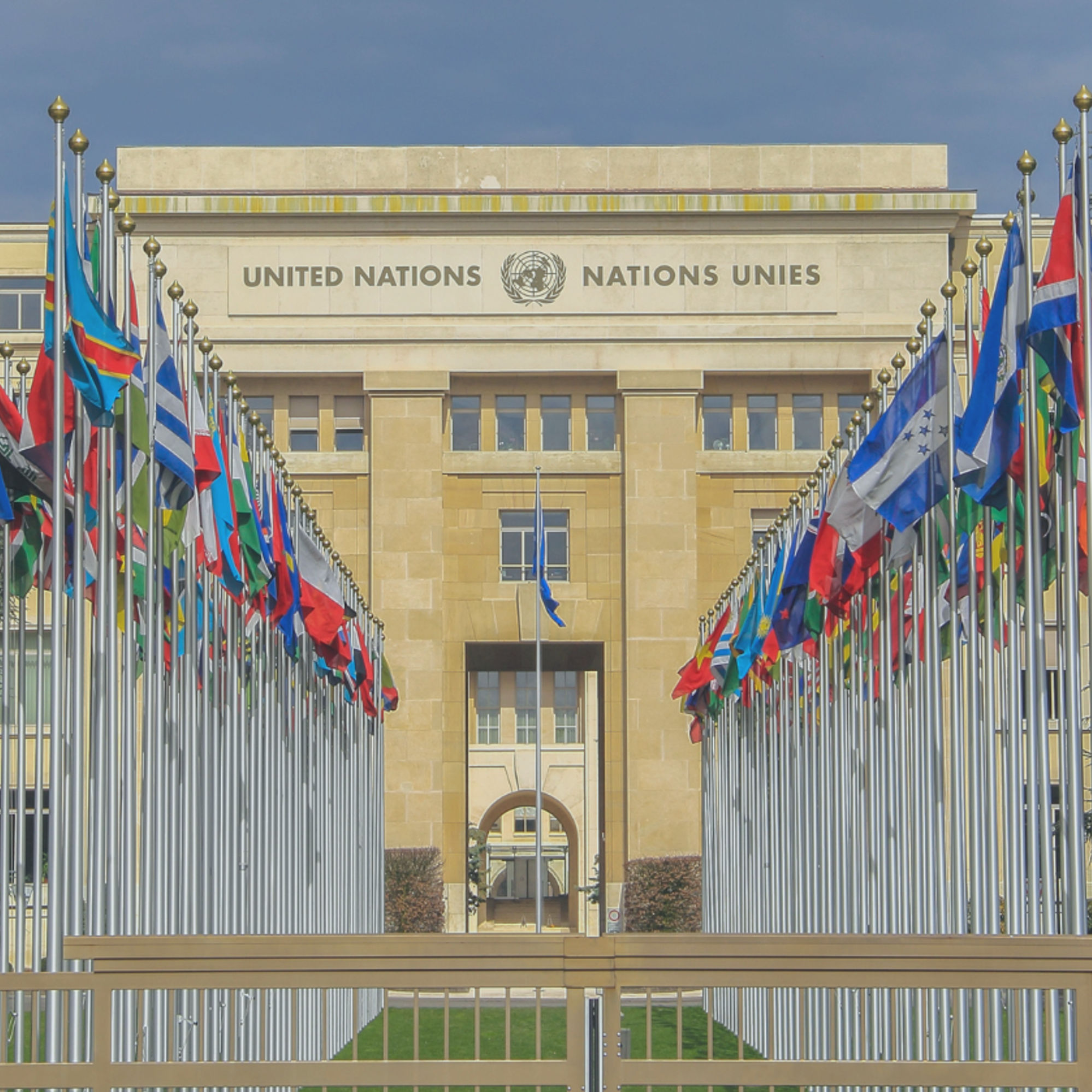


Europe faces up to China's EV dominance as carbon-zero targets loom
As Xi travels through EU this week, automakers weigh whether to fight or team up with cheaper Chinese rivals.
German Ports and China: How to Reconcile Openness, Resilience and Security?
Germany is dependent on its ports for the smooth running of its open economic model and has benefited from globalization in recent decades when the internationalization of its value chains strengthened its competitiveness. Yet, with today’s hardening geopolitics, the vulnerabilities of Europe’s leading economic power are becoming apparent.

The World Through the Lens of Ukraine
This issue of Politique étrangère looks at three conflicts currently unfolding around the world.
Without a Pact with Mercosur, the EU risks leaving China free in South America
The agreement EU-Mercosur It has been a banner of the recent protest by French farmers, who denounced unfair competition on the part of South Americans. However, if Paris closes the door to this pact, the way will be left clear to China, warn politicians and analysts consulted by EFE.
China, technical standardization, and the future of globalization
As the global economy sits at a crossroad between connectivity-driven globalization and strategic decoupling, technical standardization provides a valuable measure of where we are headed.


Iran’s allies are attacking the West. What happens next?
From Jordan to Lebanon to the Red Sea, attacks on U.S. and European interests are increasing.Tensions are rising in the Middle East after Washington vowed to respond to the drone attack that killed three American soldiers on the 28th of January, sponsored by Iranian-backed militants.
First Year of Lula: Overview of the Political Situation in Brazil
This Briefing offers an analysis of Brazil's political and economic situation and prospects at the end of 2023. It also examines Brazil's position on certain international relations issues, thirteen months after Lula's election.
Thorns and Alliances. German, French and European Agricultural Policy Between Food Safety and Respect for the Environment
Influences and developments within German agricultural policy have undergone significant transformations over the past 70 years, especially in the context of the dynamic Franco-German relations and the pivotal role both nations play in shaping the European Union’s Common Agricultural Policy (CAP).

The South versus the West?
In 2023, forums that amplify the voice of the “Global South” have proliferated and grown louder. As contradictory and divided as they may be, these forums (BRICS+, Shanghai Cooperation Organization (SCO), G20, the Group of 77, the European Silk Road Summit…) attest to the emergence of new power relations, and especially new directions in foreign policy, with states rejecting alignment with the dominant powers of the past in favor of putting their own interests first. A new world is taking shape, with changeable, still uncertain, contours.
BRICS: The Uncertainties of an “Alternative” Forum
Initially limited to the financial domain, the term BRICS is gradually becoming established in global economic governance.
France’s Place Within NATO: Toward a Strategic Aggiornamento?
With a rapidly deteriorating security environment, a chaotic withdrawal from Afghanistan, internal disputes exploding into public view, and questions being raised about the scope of its security responsibilities, the North Atlantic Treaty Organization (NATO) seemed to be in dire straits at the time of Russia’s invasion of Ukraine on February 24, 2022.
After Hiroshima: The G7 Summit, Economic Security and the EU-Japan Partnership
Japan and the European Union are increasingly aligned on international economic policies, the product of a similar outlook toward China – concerned without being overtly hostile – and worried about over-reach by the United States.

European and Japanese Soft Power Signal Renewed Influence of G7
The G7 summit in Hiroshima showcased a new international order in the making: in a world where security is indivisible, the priority should be to uphold a collectively shaped rules-based order and find a modus vivendi with China. The G7 can work toward this by taking into account the diverse perspectives of industrialized countries and the Global South, which prioritizes multi-alignment and autonomy. Japan and Europe played a critical role in this process.
G20 Energy Transitions and Climate Finance Task Force Report
India is at the helm of the G20 presidency since the 1st of December 2022 for the duration of a year, with energy transition and climate finance being key topics on its agenda. In this context, the Gateway House put in place a G20 Energy Task Force to which Ifri’s Research Fellow, Diana-Paula Gherasim, participated.
Mitigating Geopolitical Risk – Japan as a Stabilizer in Asia
In the current tumultuous geopolitical setting, Tokyo may have a very specific, stabilizing role to play.
European Economic Governance: Past Errors and Future Promises
The eurozone crisis marked a real failure of European Union (EU) policy, which led to mediocre economic performance and the erosion of its political legitimacy among the populations of member states.
The Missing Guest: Energy Efficiency in the Multilateral Energy Arena
Since the 1970s, energy efficiency has gained visibility as a low hanging fruit – its potential impact on critical issues such as climate change, energy security, or competitiveness is now widely acknowledged, even more so in times of higher energy prices.
Asia-Pacific mega trade deals (RCEP, CPTPP): Which role for the US, and what are the implications for the EU?
While it has long been reluctant to engage in institution-based regional economic integration, East Asia is now home to two mega trade deals: the Comprehensive and Progressive Agreement for Trans-Pacific Partnership (CPTPP) and the Regional Comprehensive Economic Partnership (RCEP).
Europe, Power and Finance
Finance has become an essential attribute of power. Its importance has grown given the substantial investments needed for the energy and digital transitions as well as the need to support economies affected by the COVID-19 pandemic.
France’s incoherent China policy confuses partners
On 21 July 2020, French Minister of Economy and Finance Bruno Le Maire participated remotely in the High Level Economic and Financial Dialogue with Chinese Vice Premier Hu Chunhua.


Cyprus, to be remade, must resolve some issues
Cyprus is set to be ‘remade’ in the coming years through €1 billion in grants from the European Recovery Plan, as we’ve reported here, but there are a few issues to be resolved along the way, according to EU policy experts and economists.
[...]
Letter from Europe: Disorder, Injustice and our Current Crisis
Looking back on the last few weeks, a famous quote by Goethe (from his report on the siege of Mainz in 1793) came to mind: “Better to commit an injustice than to countenance disorder.” In other words, disorder engenders more injustice than it eradicates.
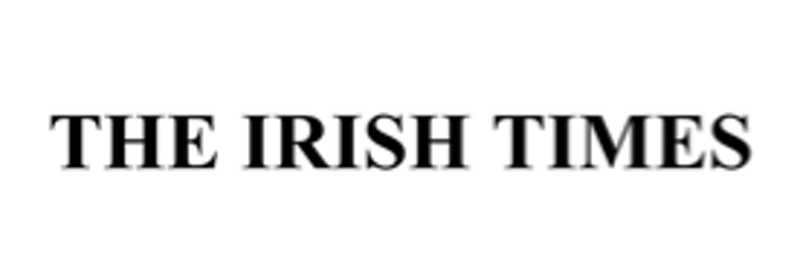

Europe’s relationship with China is now one of mistrust and hostility
At the start of the pandemic, Europe and China helped one other. Then the mood changed.
Hubris, Black Swans and the Future of Europe
European Council meetings are seldom exciting. But last week’s virtual gathering showed once again that, despite fears, Europe is moving forward in the most serious crises.


Coronavirus: China wants to lead the fight against Covid-19, but can it overcome the mistrust?
With the United States gripped by a domestic struggle with Covid-19, China appears to have stepped into its shoes as a global provider.
A Pandemic Response for Peace and Freedom
“Populism is the great beneficiary of inefficiency. Without a virtuous response … authoritarian regimes will have free rein to thrive and rebuild walls — or wage war.”
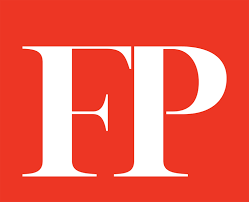

Why Are Japan and South Korea in a Trade Fight?
Officially, Japan has “national security” concerns about technology exports to South Korea. Unofficially, World War II still casts an ugly shadow.
China and the “Definition Gap”: Shaping Global Governance in Words
Increasingly, China’s diplomacy is using key words commonly used by liberal democracies, but the meaning differs greatly. This evolution is changing the terms of the debate without changing a single term.
Support independent French research
Ifri, a foundation recognized as being of public utility, relies largely on private donors – companies and individuals – to guarantee its sustainability and intellectual independence. Through their funding, donors help maintain the Institute's position among the world's leading think tanks. By benefiting from an internationally recognized network and expertise, donors refine their understanding of geopolitical risk and its consequences on global politics and the economy. In 2024, Ifri will support more than 70 French and foreign companies and organizations.











